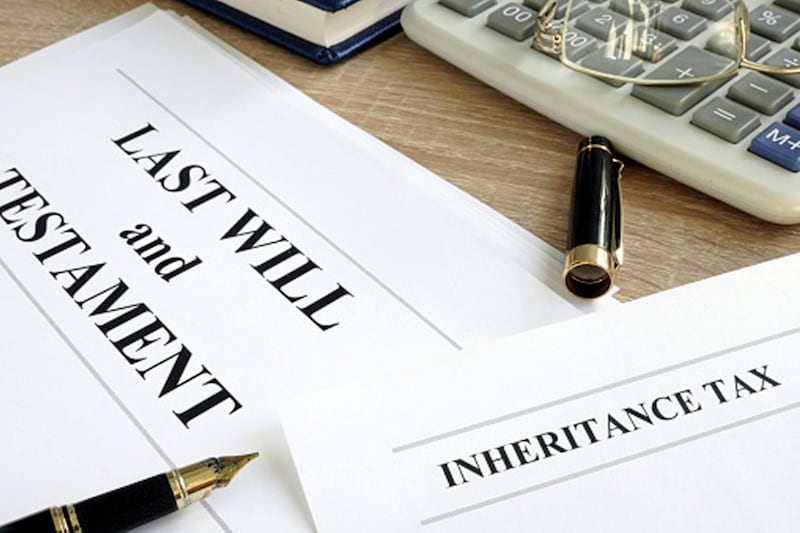THE future is of course profoundly unknowable from our current vantage point. Mostly, we lack the imagination to see the future as anything other than a continuation of the recent past.
For our part, we can still see few signs of the next recession on the horizon. We also doubt that the next recession will be similar to the last, either in scale or scope. The sectors of the economy at the epicentre of the last economic bloodletting, namely the US consumer and the world’s banks, look in much more robust health now. The debt to income ratio in US households is now at a 40 year low, vs a 40 year high in 2006/07. In any case, the experience of the last century would tell us that recessions of the like the world suffered in 2008/09 are very much the exception not the rule.
For those in the UK, it will continue to be Brexit that dominates the airwaves. As we’ve noted before, the intrinsic value of the stocks quoted on the UK’s exchanges tends to have little to do with the UK economy. The broad geographical and sectoral diversification inherent in our strategic asset allocation will likely prove an investor’s best defence in such an eventuality.
The UK’s tortuous exit from the EU will probably remain quite far down the list of concerns for policymakers in continental Europe. Following elections to the European Parliament in May, nearly all of the most important leadership positions across EU institutions will turn over. The political hue of the European parliament will obviously be important here.
On the other side of the pond, midterm elections have handed control of the House of Representatives to the Democrats, so granting them control the legislative agenda and alongside significant investigative powers if they choose to wield them.
Presidents stripped of control of the legislative agenda in the past have often pivoted to areas where executive power reigns supreme, such as foreign policy and trade. Meanwhile, the debt ceiling due next year may provide a more difficult path than the last few deadlines with Congress now split.
It will continue to be all eyes on the Federal Reserve as the central bankers try to feel their way to an appropriate interest rate for the US economy, no doubt under significant political pressure.
At the other end of the central banking scale, we may also see the first ECB rate rise in Mario Draghi’s eight-year tenure as ECB President in 2019, but in the second half and likely only just before he hands the baton over to the as yet undecided successor.
Our hunch remains that underlying trends in the European economy are healthier than widely feared. As the region’s car manufacturers move on from the troublesome transition to new emissions testing standards and an eventual compromise is found on Italy’s budget, we expect some of this discount to reality to fade. European stocks should benefit.
Again the warning for investors is not to go into your shells and run from stocks too early. There is no fixed length for an economic cycle and no relationship between a cycle’s length and the recession that ends it. If the next recession hits tomorrow, our portfolios will not face it constructed as a reckless all in bet on a glass half full view of the world.
:: Jonathan Sloan is a director at Barclays Wealth and Investments NI







